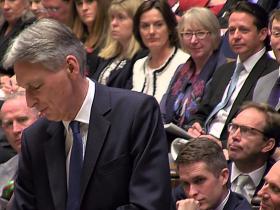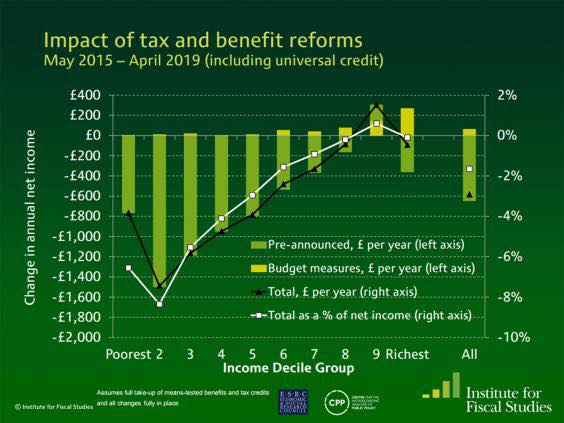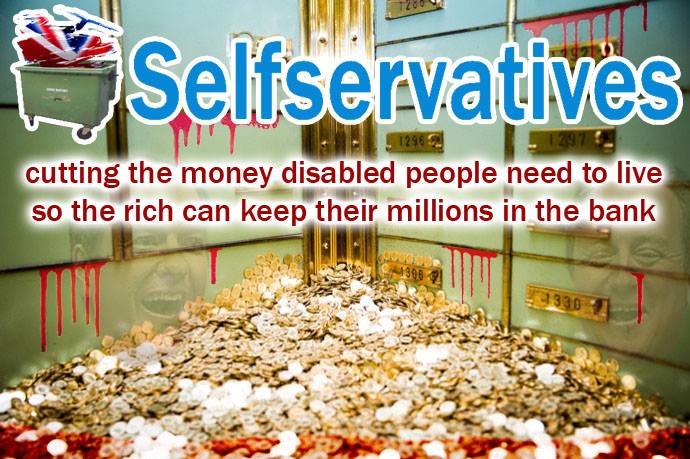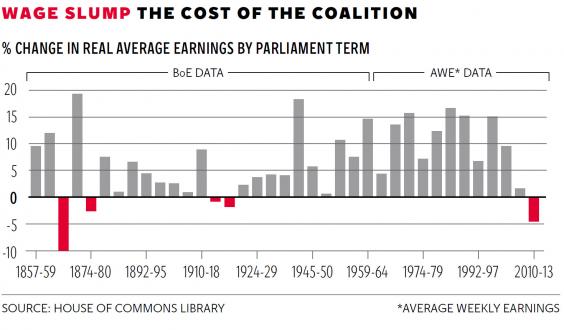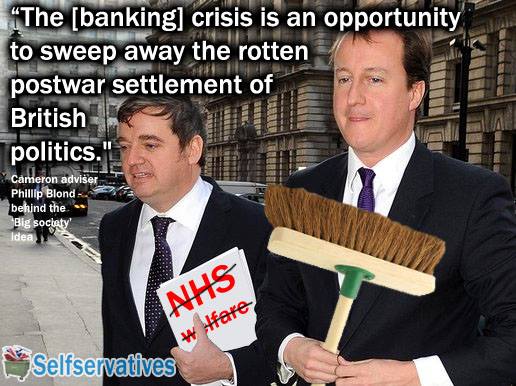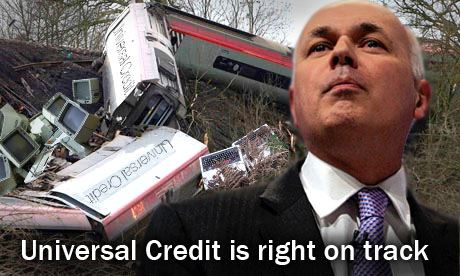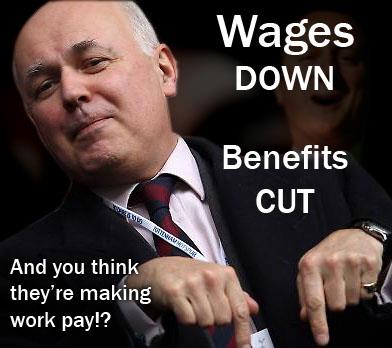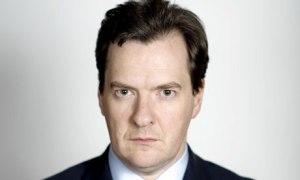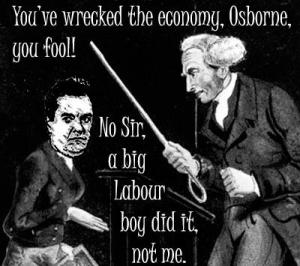Watch Jeremy Corbyn’s excellent response to the budget, while facing the braying, sneering, smirking government.
Hammond is economical with copies of the Budget
The Labour party have accused the chancellor Philip Hammond of breaking the ministerial code after opposition parties were not given a copy of the budget in advance. The code states that when a minister makes a statement to MPs in the Commons “a copy of the text of an oral statement should usually be shown to the opposition shortly before it is made”. The rules are that 15 copies and associated documents should be sent to the chief whip’s office at least 45 minutes before a statement. The government have frequently flouted these rules, prefering to follow the rampant authoritarianism protocol of avoiding scrutiny, transparency and above all, democratic accountability
However, a Treasury source claims that there was ‘no official rule’ that other parties should get an early look at budget measures. “We did not do anything differently from what we have been doing for the past 20 years,” the source said. I half expected him to add that the Ministerial Code isn’t really a code, but more a kind of ‘loose guideline’.
The opposition is said to be considering a formal complaint.
Austerity has not ended
Jeremy Corbyn accused the government of a U-turn on Theresa May’s party conference pledge that austerity was over. Hammond told MPs that austerity was “coming to an end”. The Labour leader replied: “The prime minister pledged austerity is over. This is a broken promises budget. What we’ve heard today are half measures and quick fixes while austerity grinds on.”
The Labour party also criticised income tax cuts, which it said would favour the better off and said there were no guarantees that government departments would not face further cuts. The Resolution Foundation have also concluded the same.
Government rattles the Office for Budget Responsibility
The Office for Budget Responsibility (OBR), whose role, unsuprisingly, is to scrutinise the budget are also disgruntled because the government only handed over the final Budget policy measures on 25 October, a day late. This means the OBR hasn’t been able to check that the government’s sums actually add up.
The precise changes to universal credit came too late for the OBR to assess them properly, too. The budget red book says that the roll-out of universal credit is now scheduled to end in December 2023. It says:
In response to feedback on universal credit, the implementation schedule has been updated: it will begin in July 2019, as planned, but will end in December 2023.
But until recently, as this House of Commons library briefing (pdf) reveals, the roll-out was due to end in March 2023.
Officially the government says that, if the UK had to leave the EU with no deal, it could manage. But the OBR doesn’t share this view:
A disorderly one [Brexit] could have severe short-term implications for the economy, the exchange rate, asset prices and the public finances. The scale would be very hard to predict, given the lack of precedent.
The Press Association (PA) reports that the Labour leader said eight years of austerity has “damaged our economy” and delayed the recovery, adding the government has not abandoned the policy despite the chancellor’s latest spending pledges. The PA says:
Leading the response to the budget, Corbyn also said the proposals announced will “not undo the damage done” by the squeeze on spending.
He told the Commons: “The prime minister pledged austerity was over – this is a broken promise budget.
“What we’ve heard today are half measures and quick fixes while austerity grinds on.
“And far from people’s hard work and sacrifices having paid off, as the chancellor claims, this government has frittered it away in ideological tax cuts to the richest in our society.”
Corbyn added: “The government claims austerity has worked so now they can end it.
“That is absolutely the opposite of the truth – austerity needs to end because it has failed.”
Corbyn later said the “precious” NHS is a “thermometer of the wellbeing of our society”, adding: “But the illness is austerity – cuts to social care, failure to invest in housing and slashing of real social security.
“It has one inevitable consequence – people’s health has got worse and demands on the National Health Service have increased.”
Corbyn also condemned the “horrific and vile antisemitic and racist attack” in Pittsburgh, noting: “We stand together with those under threat from the far-right, wherever it may be, anywhere on this planet.”
The Labour leader criticised pay levels for public sector workers, adding: “Every public sector worker deserves a decent pay rise, but 60% of teachers are not getting it – neither are the police nor the Government’s own civil service workers.”
The economy is also being damaged by a “shambolic Brexit”, Corbyn added.”
Elements of the budget have revealed a Conservative party in ideological retreat. One of Jeremy Corbyn’s greatest achievements as leader of the opposition is the undermining of the neoliberal hegemony and his presentation of an alternative narrative and economic strategy. Personally I am glad that neocon neoliberal Francis Fukuyama didn’t get the last word after all.
Over the last couple of years, the government have imported policy ideas and adopted rhetoric from the Labour party to use as strategic window dressing. Hammond announced an end to the government signing off on much-loathed private finance initiative contracts – something Corbyn had already promised. As a former Treasury advisor noted:
Originally introduced by John Major, and continued under New Labour, PFIs are essentially a way for the state to finance and then look after new infrastructure. The traditional way for the government to build a new piece of infrastructure, such as a hospital, a school, or a new road bypass, was to raise the money in taxes, or borrow it from the bond markets, and then pay builders to deliver the project. After that, the public sector would own the asset.
The theoretical justification for Private Finance Initiatives (PFI) is that the private sector is more efficient at delivering and managing infrastructure projects than civil servants. PFI also supposedly transfers the financial risk of a construction project over-running from the public to the private sector. However earlier this year, the National Audit Office (NAO), released a new report which highlighted a lack of evidence that PFIs offer value for money for taxpayers.
The report followed the collapse of the construction and services firm Carillion which has shone a bright spotlight on the flawed process of state contracting and outsourcing.
According to the Treasury data there are 716 PFI projects (of which 686 are operational) with a capital value of just under £60bn. Of this total the Department of Health was responsible for £13bn, the Ministry of Defence £9.5bn and the Department of Education £8.6bn.
Hammond pledged a tax crackdown with a UK “digital services tax”, aimed only at multimillion companies rather than startup businesses. On universal credit, the government attempted to neutralise the toxic issues with an extra £1bn to ‘ease issues with its rollout.’
But Hammond’s generous tax cuts to the very wealthiest households indicate that this is still very much a government for the few, not the many.
Alison Garnham, chief executive of the Child Poverty Action Group, commented:
The work allowance increase is unequivocally good news for families receiving universal credit but a bigger salvage operation is still needed for the benefit. And bringing forward higher tax allowances – which will cost much more than the universal credit change – will mainly benefit the richest half of the population. We look forward to hearing more detail on how the secretary of state will use the extra £1bn to ease the migration of people on existing benefits to universal credit.
This is crunch time for universal credit. We hope the chancellor’s positive announcements on work allowances will be followed by a pause in the roll-out to allow for a fundamental review of its design and, crucially, for a commitment to restoring all the money that’s been taken out of universal credit.
Final comment:
My work is unfunded and I don’t make any money from it. This is a pay as you like site. If you wish you can support me by making a one-off donation or a monthly contribution. This will help me continue to research and write independent, insightful and informative articles, and to continue to support others.




